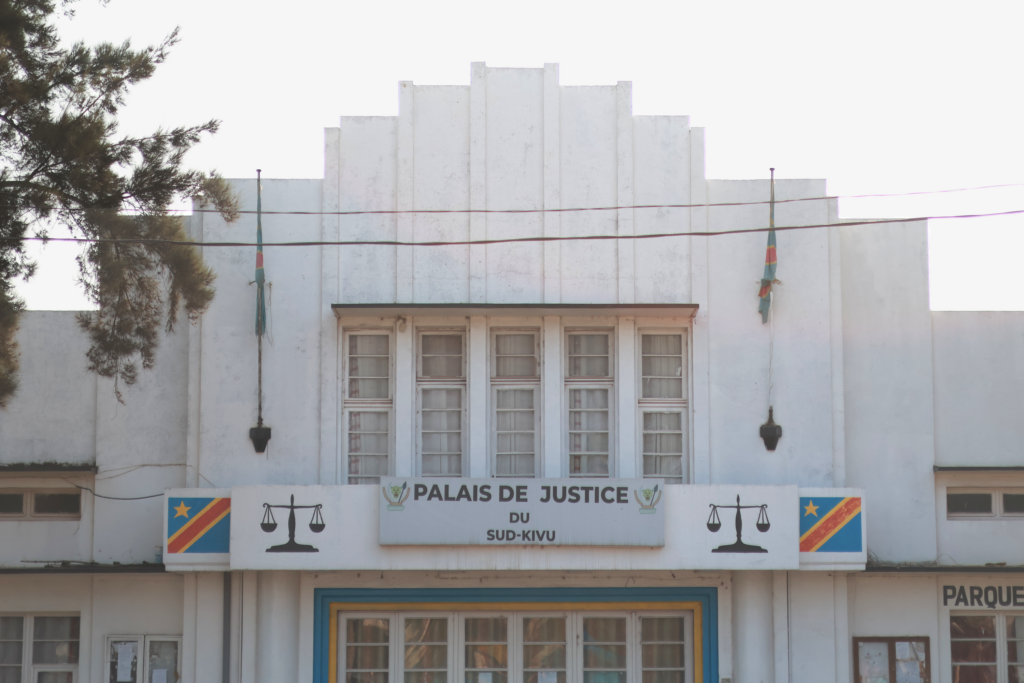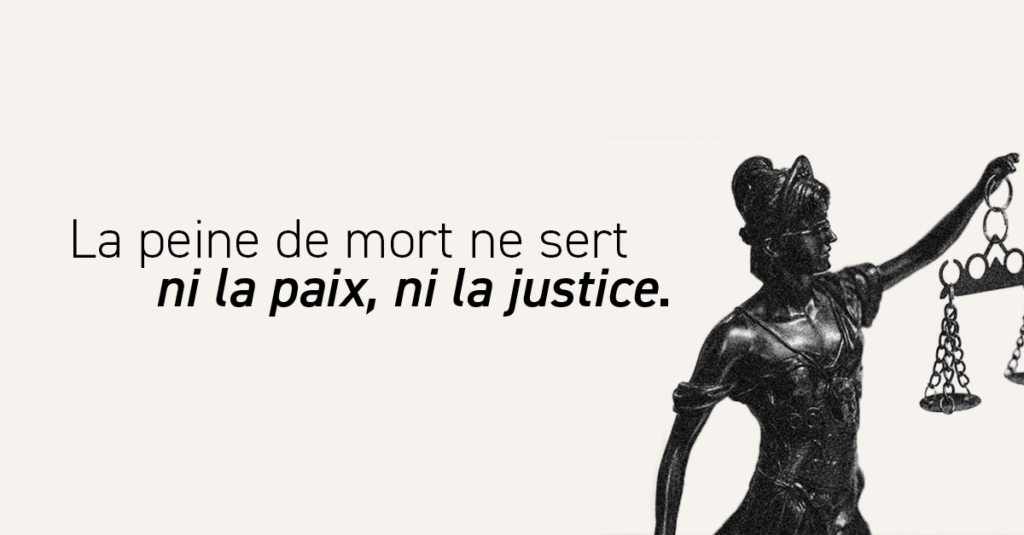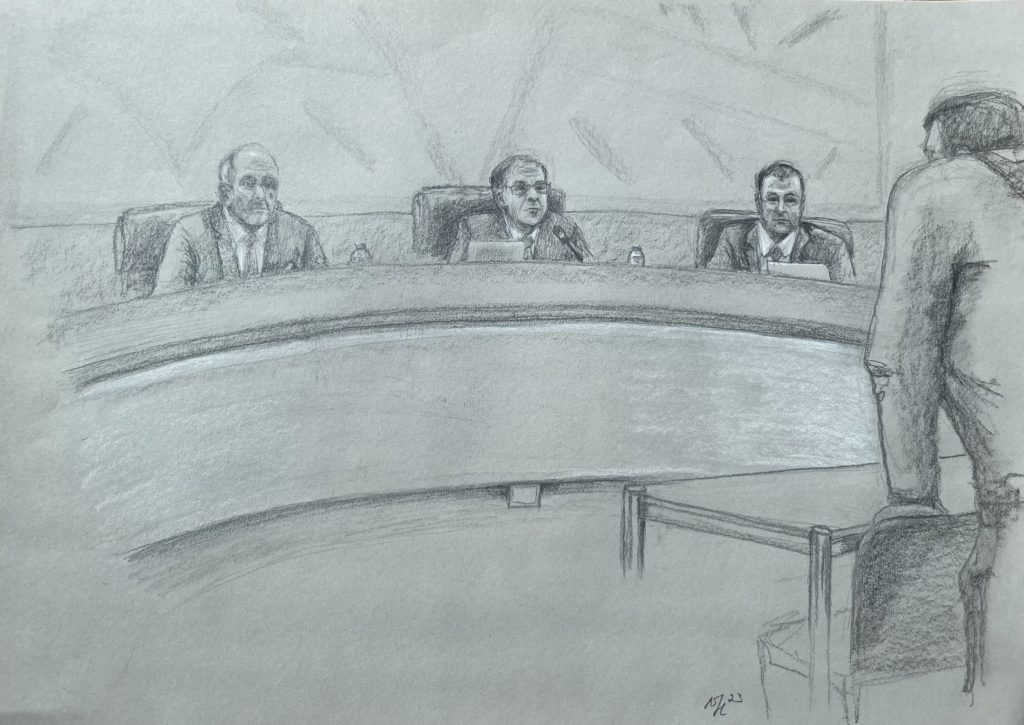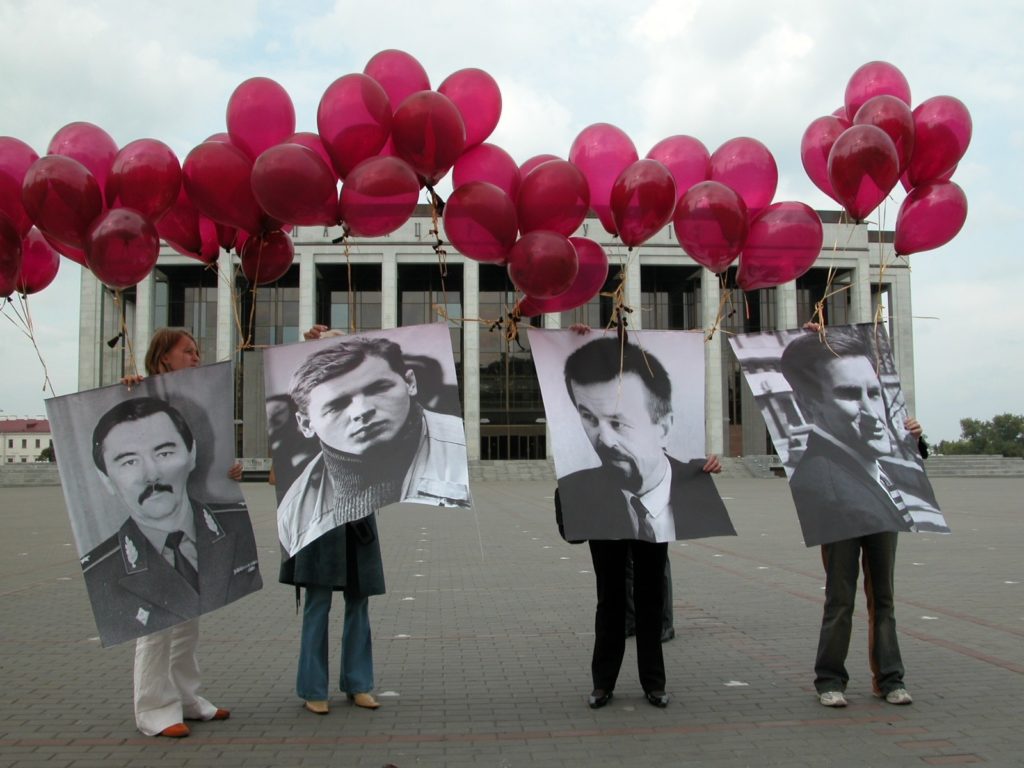Disparition forcée d’Izzat Yousef Al-Maqrif en 1990
Introduction
En novembre 2010, TRIAL a introduit une requête devant le Comité des droits de l’homme des Nations unies suite à la disparition d’Izzat Yousef Al-Maqrif en 1990.
M. Izzat Al-Maqrif a fait partie de l’armée libyenne jusqu’en 1973, date à laquelle il a été accusé d’avoir pris part à une tentative de renversement du gouvernement Kadhafi. Après avoir été emprisonné durant presque un an, il a été relâché et congédié de l’armée. Izzat Al-Maqrif et sa famille ont fuit le pays en 1981, s’établissant au Caire dès 1984. A cette époque, Izzat Al-Maqrif était l’un des membres du Comité exécutif du Front National pour le Salut de la Libye (FNSL).
Le 4 et le 5 mars, des agents égyptiens du Bureau de Sécurité et d’Investigation ont pénétré dans sa maison à Heliopolis, au Caire et l’ont embarqué, tout comme M. Jaballa Hamed Matar – autre figure de l’opposition en exile au Caire –, et conduit au Quartier Général du Bureau de Sécurité et d’Investigation.
En arrivant, les deux hommes ont longuement été interrogés par les agents égyptiens. Ils ont ensuite été libérés, mais leurs passeports ont été confisqués. Le 12 mars 1990, les autorités égyptiennes les ont à nouveau arrêtés. Leurs proches ne les ont plus jamais revus.
Grace à des lettres sorties clandestinement de la prison, leurs proches ont plus tard appris qu’ils avaient été conduits au quartier général de la sécurité de l’armée égyptienne pour être à nouveau interrogés, avant d’être remis à des agents libyens et transférés en Libye. De là, ils ont été emmenés et emprisonnés à la prison d’Abu Salim.
Izzat Al-Maqrif n’a jamais été présenté à un juge et n’a eu aucun moyen de remettre en cause la légalité de sa détention. De même, aucune accusation n’a jamais été portée contre lui. Les autorités n’ont jamais informé sa famille de ce qui lui est advenu. A ce jour, il est impossible de dire si Izzat Al-Maqrif est toujours vivant.
Le 8 novembre 2010, TRIAL a donc déposé pour le compte du fils d’Izzat Al-Maqrif une requête auprès du Comité des droits de l’homme des Nations unies lui demandant entre autres :
- de reconnaître que la Libye a violé plusieurs articles du Pacte International relatif aux droits civils et politiques du fait de la disparition forcée d’ Izzat Al-Maqrif et en raison du traitement infligé à sa famille;
- de requérir de la Libye qu’elle prenne toutes les mesures nécessaires afin
- qu’une enquête indépendante soit urgemment menée afin de localiser précisément Izzat Al-Maqrif, et dans l’hypothèse de sa mort, de procéder à son exhumation, à son identification et de remettre sa dépouille à sa famille afin qu’elle puisse organiser des funérailles;
- de mener une enquête complète et indépendante sur les circonstances des violations présumées et d’assurer la sanction des responsables par les autorités compétentes ;
- d’adopter les mesures nécessaires afin d’accorder une réparation prompte et intégrale ainsi qu’une compensation juste et adéquate à ses proches. Les réparations devront inclure des mesures de restitution, de réhabilitation, y compris la restauration de la famille dans sa dignité et sa réputation, ainsi que des garanties de non répétition.
Context
Since the coup that brought Colonel Gaddafi to power in 1969, many opposition groups to his regime were created abroad. One of the most important of the opposition groups was the NFSL, which opposed military and dictatorial rule in Libya, and called for a democratic government with constitutional guarantees, free elections, a free press, and separation of powers among the executive, legislative, and judicial branches. The enforced disappearances of Mr. Izzat Yousef Al-Maqrif and Mr. Jaballa Hamed Matar, two high-ranking members of an opposition party operating abroad, took place in the context of the repression implemented by the Libyan government against members of those groups.
The Decision
The Human Rights Committee decided to deal jointly with the communications concerning the cases of Mr. Izzat Al-Maqrif and Mr. Jaballa Hamed Matar.
In March 2014, the Human Rights Committee communicated its decision (called « views » in the UN language). The Committee held that Libya violated Arts. 6, para. 1 (right to life); 7 (prohibition of torture); 9 (right to personal liberty); 10, para. 1 (right to humane treatment); and 16 (right to juridical personality), of the International Covenant on Civil and Political Rights, alone and in conjunction with Art. 2, para. 3 (right to an effective remedy); with regard to Mr. Izzat Yousef Al-Maqrif and Mr. Jaballa Hamed Matar. The Committee also found a violation of Art. 7, read alone and in conjunction with Art. 2, para. 3, of the Covenant with respect to the authors of the communications because of the suffering inflicted on them by the enforced disappearance of their fathers. In the case of Mr. Youcif Almegaryaf, the Committee found also a violation of Art. 24, para. 1 (rights of the child), of the Covenant, given that he was 6 years old when his father was subjected to enforced disappearance and Libya failed to adopt the special measures of protection he was entitled to as a minor.
The Committee requested Libya to: (a) conduct a thorough and effective investigation into the disappearance of the two men; (b) provide the authors and their families with detailed information on the results of its investigation; (c) release Mr. Izzat Yousef Al-Maqrif and Mr. Jaballa Hamed Matar immediately, if they are still being detained incommunicado, or, in the event of their death, hand over their remains to their families; (d) prosecute, try and punish those responsible for the violations committed; and (e) provide adequate compensation. Libya must also publish the decision of the Committee and widely disseminate it.
Libya must inform the Committee within 180 days about the measures taken to implement the decision.











